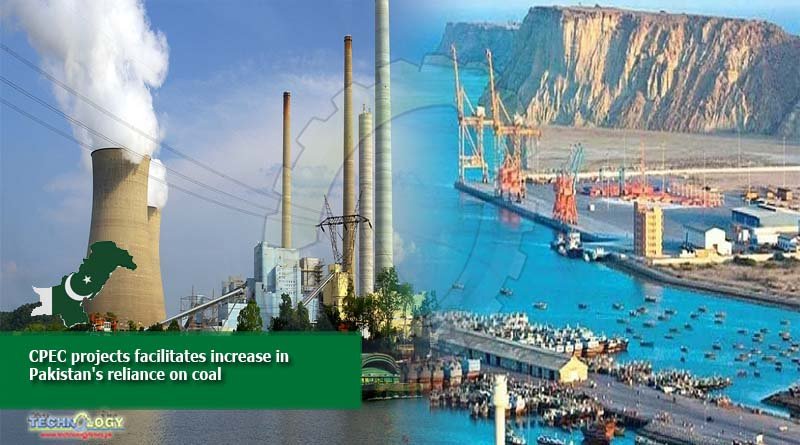In the past three years, there has been little progress on CPEC projects on the China-Pakistan Economic Corridor (CPEC), touted by both Beijing and Islamabad as the cornerstone of friendship between the two countries.

During the landmark visit of Chinese President Xi Jinping to Pakistan in 2015, China pledged USD 46 billion for a range of energy and infrastructure projects. But the corridor today is nowhere near its goal of boosting industrialisation in Pakistan.
The slowdown in recent years has been attributed in part to reduced interest in the project from the new government in Islamabad, which has had its share of teething problems in the shape of economic and administrative challenges.
Soon after Prime Minister Imran Khan came into power in 2018, Abdul Razzaq Dawood, a top advisor, suggested that all CPEC projects would be reviewed. China had been granted “too-favourable terms in many projects” by the former government of Nawaz Sharif, Dawood told the Financial Times.
CPEC projects have also been criticised for fuelling centre-province and inter-province tensions. Under the 18th Amendment legislation passed in 2010, the provinces have financial and legislative autonomy and the federation is bound to accept provincial ownership of natural resources. However, projects under CPEC are between Pakistan and China, giving the federal government control over project negotiation.
“There are good reasons for some CPEC-induced pessimism over the state of inter-provincial political and economic disparity in Pakistan,” said Umair Javed, assistant professor of politics at Lahore University of Management Sciences. “CPEC is a state-to-state cooperation agreement. At Pakistan’s end, multi-party conferences and the occasional chief ministerial-level meeting have no de jure authority over the actual projects. To put this in simpler terms, CPEC is a centralising force in Pakistan’s political system that places a lot of eggs in the federal government’s basket.”
Katherine Adeney, director of the University of Nottingham’s Asia Research Institute, noted that these “centre-province relations are key to the successful implementation of the investment package from Beijing”.
“How the projects agreed upon under the CPEC umbrella materialise on the ground will be a potent example of how things will develop in the countries along the new Silk Road,” Adeney wrote in a recent essay on the impact of CPEC on Pakistan’s federal system.
After a near three-year lull, the Pakistani government has once again started to promote CPEC.
Originally published by Science
